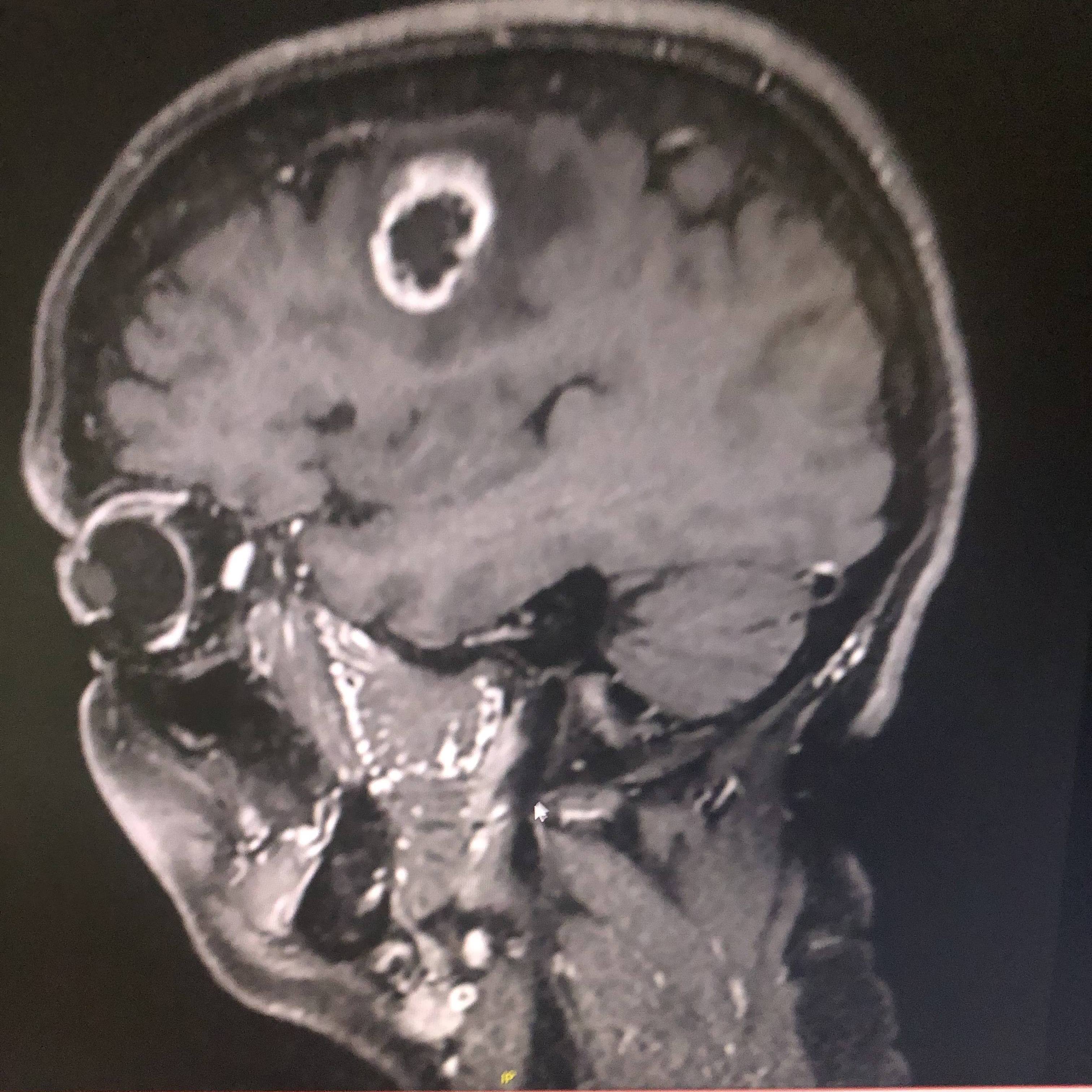-
Should Children and Teens Use Melatonin as a Sleep Aid?
Melatonin Not Recommended for Children or Teens as Sleep Aid
December 7, 2012
Dear Mayo Clinic:
Is it okay to give my teenage daughter melatonin to help her sleep better? I have read that it's a safe alternative to sleep medicines.
Answer:
Although melatonin has been shown to be useful for treating sleep problems in adults, it has not been carefully studied in children. Due to the lack of scientific evidence, and because of some potentially harmful side effects, melatonin is not recommended as a sleep aid for children and teens. Making lifestyle changes that can enhance healthy sleep is a better alternative for most people your daughter's age.
Melatonin is a hormone produced by your brain's pineal gland. Melatonin appears to be linked to the body's sleep/wake cycle, or circadian rhythm. The release of melatonin is stimulated by darkness and suppressed by light. The levels of melatonin in your blood are highest just before you go to sleep.
Some research suggests that, in adults, melatonin supplements might be helpful in treating jet lag or reducing the time it takes to fall asleep. The most common side effects from taking melatonin are daytime sleepiness, dizziness and headaches. Less common side effects can include abdominal pain, mild anxiety, irritability, confusion and feelings of depression. It is not known how common or severe these side effects might be in children.
Another concern about using melatonin for children is that its effects on the body go beyond sleep. It also plays a role in the way a person's body matures sexually. Melatonin levels have an impact on how the ovaries and testes function. Further study is needed to determine if taking melatonin during childhood or the teen years can have an impact on a person's sexual development.
Instead of using melatonin — or trying other sleep medications — I recommend you and your daughter first consider why she is having trouble sleeping. Getting a good night's sleep is a challenge for many teenagers, and lifestyle choices can have a dramatic impact on sleep.
One big barrier to good sleep for teens is the frequent wide variation between the times they get up on school days versus weekends. Although sleeping in may seem like a good idea, staying in bed until noon on Saturday throws a teen's circadian rhythm out of balance. That can make it much tougher to get up early again on Monday morning and can potentially make sleep problems worse.
To help her sleep well consistently, your daughter should set a consistent wake-up time, and build her sleep schedule around it. It doesn't need to be exactly the same time. But the wake-up time should be within a two-hour window every day. Staying consistent day to day will allow her body to get into a regular wake/sleep rhythm.
After about 9 p.m., encourage your daughter to focus on calming activities. If possible, she should try to finish her homework before that time. About 30 minutes before bed, have her turn off the TV, computer and other screens. Turn off cell phones at night.
If you try these steps, and you daughter still has trouble sleeping, talk to her doctor. Good sleep is vital for overall health. Research shows that, left untreated, sleep problems may lead to behavior problems, and they can contribute to other health conditions like diabetes, heart disease, obesity and depression. Addressing sleep issues now will help your daughter set healthy sleep habits that can have a positive effect on her health for years to come.
— Brent Bauer, M.D., General Internal Medicine, Mayo Clinic, Rochester, Minn.
Related Articles







